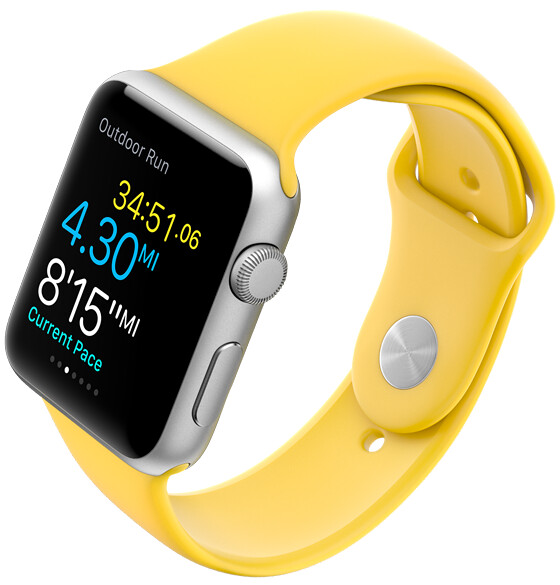On October 12, I went to the gym, looking to get a quick workout and get back to my dorm. At the start of my workout, I was trying to connect my headphones to my Phone with Bluetooth, and saw “SKYLER’S WHOOP” in my Bluetooth. I looked over to my right and saw senior Skyler Walker working out. I walked over to her and asked her what it was, and she showed me her right wrist. For the rest of my workout, I was intrigued.
There are numerous fit trackers on the market including Whoop, Garmin, Fitbit, and even Apple Watch. For the most part they are a benefit to people’s daily lives, but for some, fitness trackers impact the trajectory of their their whole day, especially if they don’t get the data they want.
Whoop tracks various fitness and health markers, but what most people The Willistonian spoke to use it to monitor their sleep. It tracks hours needed, shows sleep consistency, efficiency, and even sleep stress. Recovery and heart rate variability are indicators of how well your body can adapt to its environment and perform. Strain, which Whoop tracks, is an accumulated percent of how much you strained your cardiovascular and muscular systems.
Senior Hayden Hutner said he bought one to help get him prepared for his upcoming season on the ice.
“When I first started looking into it I thought it was just about sports, but then realized it was also for health and sleeping, and I thought to myself it would help me prepare yourself and get my body right for the season and next level,” Hayden said.
Junior Maddox Pemrick said his day is based on his sleep tracker.
“If I sleep bad and my Whoop tells me that, I feel like I have less motivation to do things and am more groggy,” he said.
First-year teacher Antonio Polino worries about how fitness trackers can determine the wearer’s mood.
“If you get a bad sleep report and you go off the sleep report, instead of how you actually feel it could make you feel more negative about your day,” Polino said.
According to sportspsychotherapy.com, “We get attached to the numbers and to what others think, but forget about the whole purpose of why we exercise in the first place. Intentionally changing routes to accumulate more steps, or eating less because we didn’t quite manage to hit our daily goal, seems a bit ridiculous when one really reflects on it.”
It’s important to approach activity trackers like Whoop with the right mindset.
“When people’s mindset changes from viewing fitness as a healthy way of life to viewing fitness as an absolute must without room for adjustments, there tend to be physical and emotional consequences,” Northwestern University student Michele Kerulis in a FiveThirtyEight article.





















